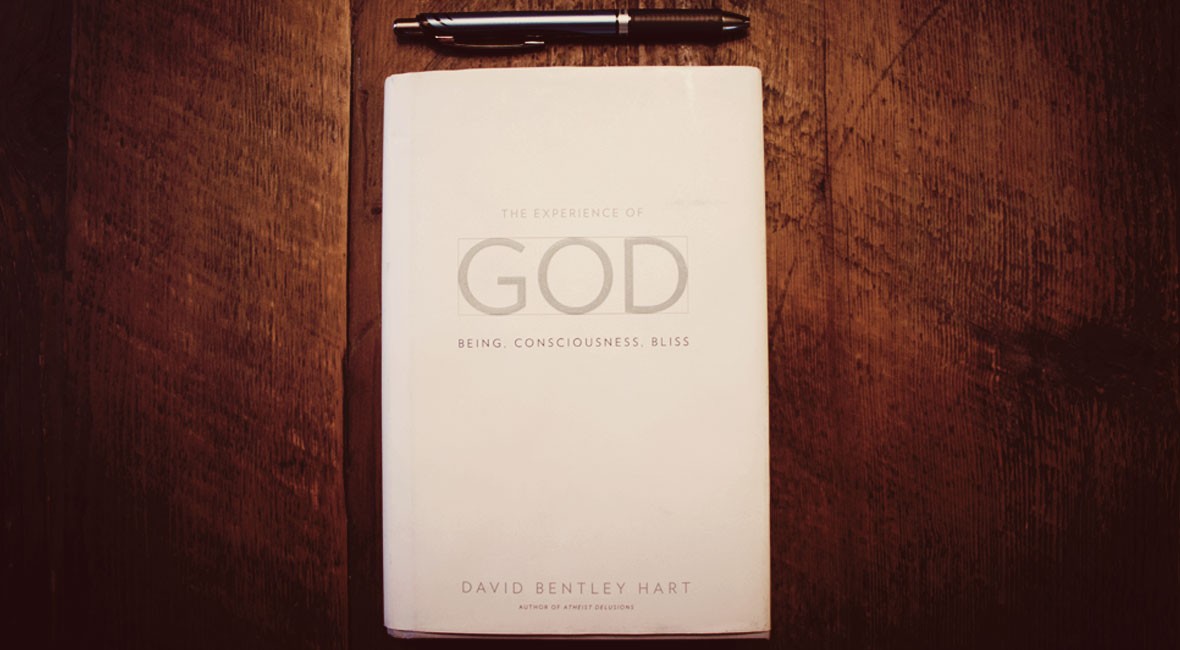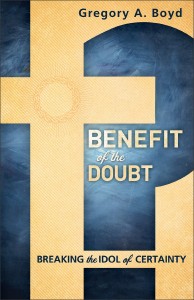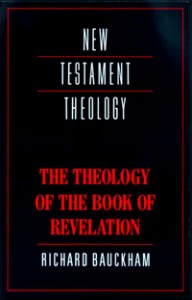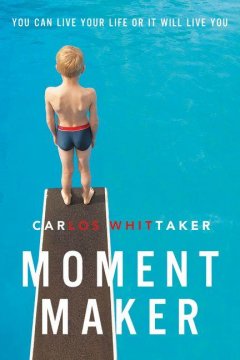What the Book Is About
In The Experience of God, David Bentley Hart makes a compelling case for classical theism. Drawing from a wide array of sources, including Christian, Muslim, Jewish, and Hindu thinkers, Hart weaves together their most basic theological strands into a beautiful tapestry of the divine. With tremendous respect for the past, he reaches back into the Middle Ages and the classical period to to pull together a grand vision of God who is “the unity of infinite being and infinite consciousness, and the reason for the reciprocal transparency of finite being and finite consciousness each to the other, and the ground of all existence and all knowledge.” (p. 324)
As well as Hart makes the case for classical theism, he also builds a powerful case against atheistic materialism and Naturalism. He asserts that “materialism is among the most problematic of philosophical standpoints, the most impoverished in its explanatory range, and among the most willful and (for want of a better word) magical in its logic, even if it has been in fashion for a couple of centuries or more.” (p. 48) There are many reasons for this in Hart’s mind, but perhaps none more potent than the need for a “necessary reality,” or in other words, something that does not depend on anything else for its existence.





